- Important Dates
- Submission Deadline:
Extended to 2024年7月9日 - Conference Date: Aug. 10-12, 2024
- Publication:
- 7-10 days after the final edition
- Contact Information
- Email: huiyi123net_Aug@126.com
- Cell Phone: 0086-18616502321
- QQ: 2934920393
2024 9th International Conference on Architecture and Urban Planning (ICAUP2024) is an optimal platform for academic communications, exchange of ideas and inspirations between specialists and scholars in the fields of Architecture and Urban Planning.
2024 9th International Conference on Architecture and Urban Planning (ICAUP2024) will be held in Chengdu, China during Aug. 10-12, 2024. Chengdu, the capital of China's southwest Sichuan Province, is famed for being the home of cute giant pandas. Located in the west of Sichuan Basin and in the center of Chengdu Plain, the city covers a total area of 12.3 thousand square kilometres (4,749 square miles) with a population of over 11 million. It is now one of the most important economic, financial, commercial, cultural, transportation, and communication centers in Western China.
- Dr. Lanhui Guo 将在会上做主题演讲2024年7月19日
- Dr. Rosario Montuori 将在会上做主题演讲2024年7月19日
- 会议摘要提交延期至2024年7月9日2024年6月26日
- ICAUP2024及ICEEES2024于2024年8月10-12日在中国成都成功召开2024年8月20日
2024 9th International Conference on Architecture and Urban Planning accepts abstract(s) submission. If the abstract is accepted, it will be included in the abstract book of 2024 9th International Conference on Architecture and Urban Planning published by Science Publishing Group.
2024 9th International Conference on Architecture and Urban Planning accepts original and unpublished papers. If full papers are accepted in the conference, they will be published online respectively in one of the following journals according to the themes. The publication date will be 7-10 days after the final edition.
-
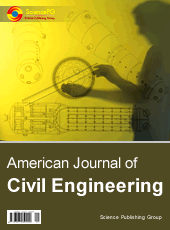
American Journal of Civil Engineering ( AJCE)
https://www.sciencepg.com/j/ajceISSN Print: 2330-8729
ISSN Online: 2330-8737
-
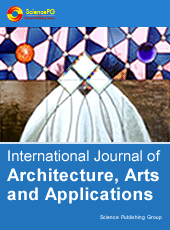
International Journal of Architecture, Arts and Applications ( IJAAA)
https://www.sciencepg.com/j/ijaaaISSN Print: 2472-1107
ISSN Online: 2472-1131
-
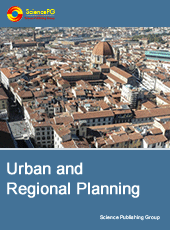
Urban and Regional Planning ( URP)
https://www.sciencepg.com/j/urpISSN Print: 2575-1689
ISSN Online: 2575-1697
-
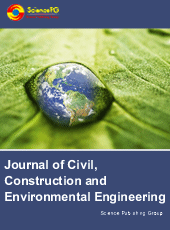
Journal of Civil, Construction and Environmental Engineering ( JCCEE)
https://www.sciencepg.com/j/jcceeISSN Print: 2637-3882
ISSN Online: 2637-3890
-
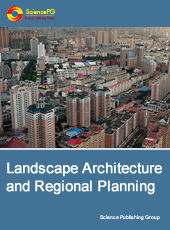
Landscape Architecture and Regional Planning ( LARP)
https://www.sciencepg.com/j/larpISSN Print: 2637-4358
ISSN Online: 2637-4374
-

Guidelines for oral presenters:
Submit a full paper to make an oral presentation
Submit an abstract to make an oral presentation
Note: The full papers/abstracts that have been officially published can also be shared as oral presentations at the conference.
Authors can submit full papers/abstracts and make oral presentations. After the full paper/abstract is accepted, the organizing committee will send an invitation letter. Oral presenters need to get their speech well prepared (PowerPoint and audio or video materials if needed) about 2-3 weeks before the conference. The duration of the presentation is about 15 minutes (including 10 minutes for the presentation, 5 minutes for Q&A).
Guidelines for poster presenters:
Submit a full paper to make a poster presentation
Submit an abstract to make a poster presentation
Note: The full papers/abstracts that have been officially published can also be presented as posters at the conference.
Authors can submit full papers/abstracts and participate in poster presentations. After the full paper/abstract is accepted, the organizing committee will send an invitation letter. Poster presenters need to prepare a poster and submit it to the organizing committee (The poster template will be provided about 2-3 weeks before the conference).